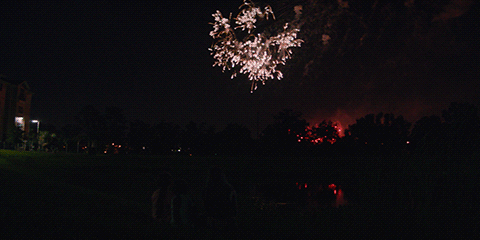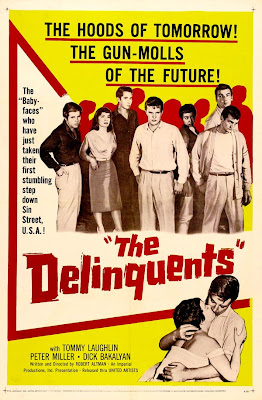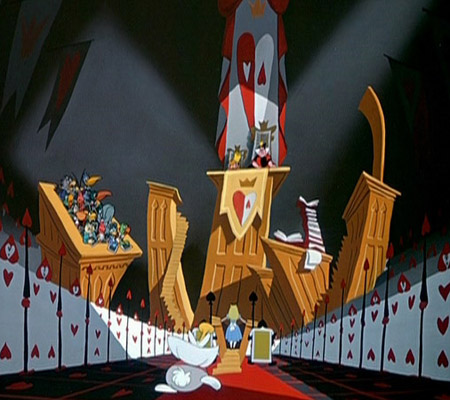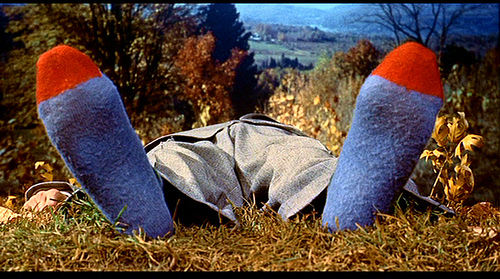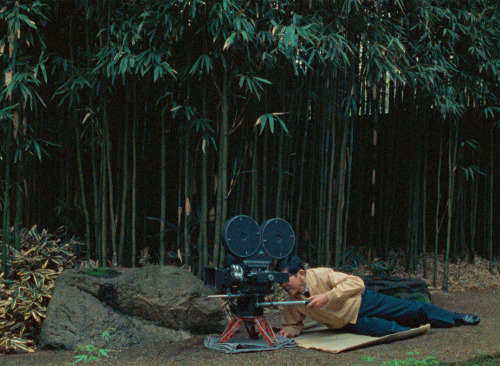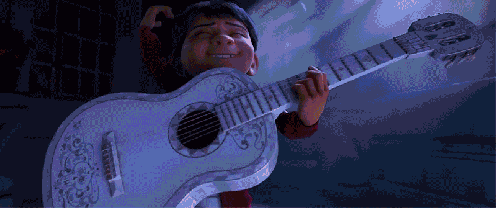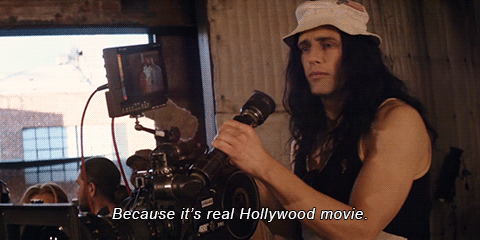"Manos" The Hands of Fate (Hal Warren, 1966) Camp Rating:

Talk about "Lies in Advertising", but that's stolen from the Psycho poster. "Manos" is regularly called the worst film ever made, but it cannot really compare to The Creeping Terror, and it's also less-entertaining on a stupidity level. True, it is a lousier movie than Plan 9 from Outer Space, but that has plenty of idiot characters to laugh at and "feel for". In "Manos", there are far fewer characters, and I don't even think of them as characters because they're more idiotic puppets being utilized by a deranged puppeteer, and they cannot compare with the "Pull the Strings!" of Bela Lugosi in Wood's otherwise pathetic Glen or Glenda? Oh well, what IS good about this flick? I have no idea. Well, actually the score is pretty tripped-out and would be good to listen to in the dark without watching the movie. Torgo is worth a chuckle or two with his "beefed-up" thighs and halting delivery of lines, but what can I say? The worst actor in the flick is the dumbass director who plays the "father Michael". What a craphead! The film needed much more of the "Brides" in their underwear attacking each other for it to be worth watching for even camp value, but when the "Surprise Ending" shows up (if you can figure it out), you'll be happy that the movie is over, even if the closing song is worth a few laughs.

Talk about "Lies in Advertising", but that's stolen from the Psycho poster. "Manos" is regularly called the worst film ever made, but it cannot really compare to The Creeping Terror, and it's also less-entertaining on a stupidity level. True, it is a lousier movie than Plan 9 from Outer Space, but that has plenty of idiot characters to laugh at and "feel for". In "Manos", there are far fewer characters, and I don't even think of them as characters because they're more idiotic puppets being utilized by a deranged puppeteer, and they cannot compare with the "Pull the Strings!" of Bela Lugosi in Wood's otherwise pathetic Glen or Glenda? Oh well, what IS good about this flick? I have no idea. Well, actually the score is pretty tripped-out and would be good to listen to in the dark without watching the movie. Torgo is worth a chuckle or two with his "beefed-up" thighs and halting delivery of lines, but what can I say? The worst actor in the flick is the dumbass director who plays the "father Michael". What a craphead! The film needed much more of the "Brides" in their underwear attacking each other for it to be worth watching for even camp value, but when the "Surprise Ending" shows up (if you can figure it out), you'll be happy that the movie is over, even if the closing song is worth a few laughs.
__________________
It's what you learn after you know it all that counts. - John Wooden
My IMDb page
It's what you learn after you know it all that counts. - John Wooden
My IMDb page







